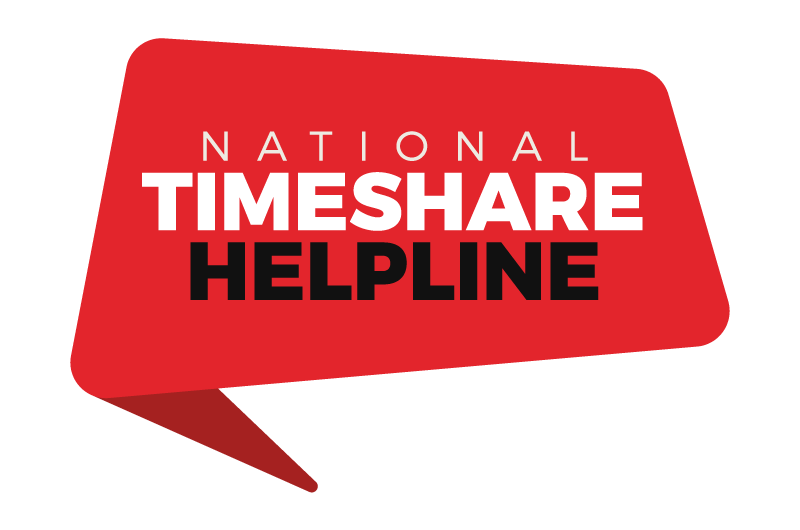
posted 1st June 2025
How Companies Like Seasons Holidays PLC, Club La Costa, and Diamond Resorts Misled Consumers Into Buying Worthless Products.
In recent years, thousands of consumers across the UK and Europe have been misled, manipulated, and outright deceived by holiday companies such as Seasons Holidays PLC, Club La Costa, and Diamond Resorts.
These firms have intentionally disguised timeshares as “fractional ownership” in order to dupe buyers into thinking they were making a smart property investment – when in fact, they were signing up for high-cost, low-value products with little or no resale value and no real ownership rights.

The Sales Lie: “You’re Investing in Property”
Under the guise of selling fractional ownership, these companies marketed what were legally timeshares as “bricks-and-mortar investments”, convincing members they were buying a share of a property that would increase in value.
Sales staff used slick presentations and emotionally manipulative tactics to build trust, often during relaxing holiday stays. Prospective buyers were told they were entering the world of luxury second-home ownership – but this was a calculated misrepresentation.

The truth? They were sold glorified holiday bookings, tied to high annual maintenance fees, inflexible usage terms, and virtually no exit options.
Despite being called “fractionals”, these schemes bore all the legal hallmarks of a timeshare, falling under timeshare law and offering none of the rights or protections of true co-ownership.

What True Fractional Ownership Looks Like
Genuine fractional ownership – also known as co-ownership – involves a small number of people (usually 2–12) sharing real legal ownership of a holiday home or luxury property.
Each owner has a registered stake in the property, is named on legal documents (like a deed or share certificate), and has a say in how the property is managed. It’s a form of collective property ownership, often well-regulated, and can offer long-term value.
But what buyers received from companies like Seasons Holidays PLC, Diamond Resorts and Club La Costa was not this. These schemes involved dozens of “owners” per unit, no title deeds, no ownership in land or buildings, and no say in how the property was run. In short: it wasn’t an investment, and it wasn’t ownership.

Key Legal Differences (And How Companies Tried to Bury Them)
Legally, if a product gives a person the right to use a property for a specific period each year – especially when sold as part of a holiday scheme – it is a timeshare under UK and EU law. That law exists for good reason: to protect consumers from the kind of long-term, financially draining contracts that many now find themselves trapped in.
Despite this, companies deliberately blurred the lines. By calling these timeshares "fractionals", they evaded transparency and convinced consumers that they were buying into a secure, appreciating asset – something that could be sold, passed on, or even rented for profit. But in reality, most people now find their interests are unsellable, their fees ever-increasing, and their contracts nearly impossible to exit.

A Pattern of Mis-Selling and Deception
This is not a case of a few rogue salespeople. The mis-selling was widespread, strategic, and systemic. Internal documents, sales scripts, and the consistency of consumer testimonies show that these companies knew exactly what they were doing. Promises were made about:
- Investment returns that would never materialise
- Legal ownership that didn’t exist
- Rental income that was impractical or prohibited
- Exit opportunities that were non-existent or misleading
- Exclusive usage that in fact was shared with dozens of other buyers

These companies exploited trust, emotions, and a lack of consumer knowledge – often targeting older individuals, retirees, and holidaymakers with hard-sell tactics, false comparisons to real property, and deliberate legal vagueness.
Conclusion: A Scandal in Disguise
The scandal lies not just in the sale of a poor product, but in the deliberate misrepresentation of what that product was. Timeshare companies rebranded their offerings to escape regulation, avoid scrutiny, and fool buyers into believing they were property investors – when in truth, they were simply paying in advance for overpriced, underwhelming holidays.

Consumers deserve transparency, fairness, and the truth. Sadly, many found only misleading sales pitches, legal traps, and financial loss.
If you believe you were mis-sold a “fractional ownership” product that turned out to be a timeshare, you may have legal grounds to claim compensation or cancellation. It is not too late to seek justice and hold these companies to account.
Contact us today to exit your contract and claim compensation.




